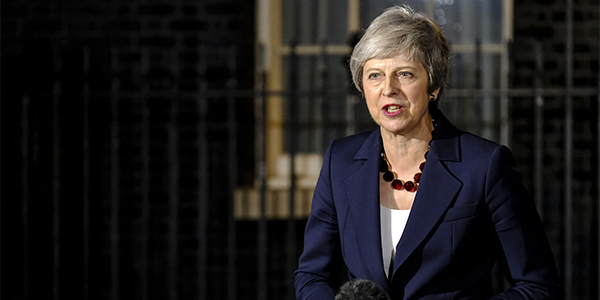Even though it looks increasingly likely the Brexit deal will not survive its first hurdle in parliament, there is yet more evidence in its pages that Brexit has saved the Human Rights Act and secured Britain’s long term future as party to the European Convention on Human Rights (ECHR), writes Frederick Cowell. In the Political Declaration on the Framework of Future relations with the EU, the document accompanying the withdrawal agreement, under the heading ‘core values and rights there is a commitment to ‘respect the framework of the European Convention on Human Rights’. In the text of the withdrawal agreement itself – which would be a legally binding on the government – there are provisions in the Protocols on Northern Ireland, which seem to assume the UK remains a party to the ECHR.












 Democratic Audit's core funding is provided by the Joseph Rowntree Charitable Trust. Additional funding is provided by the London School of Economics.
Democratic Audit's core funding is provided by the Joseph Rowntree Charitable Trust. Additional funding is provided by the London School of Economics.